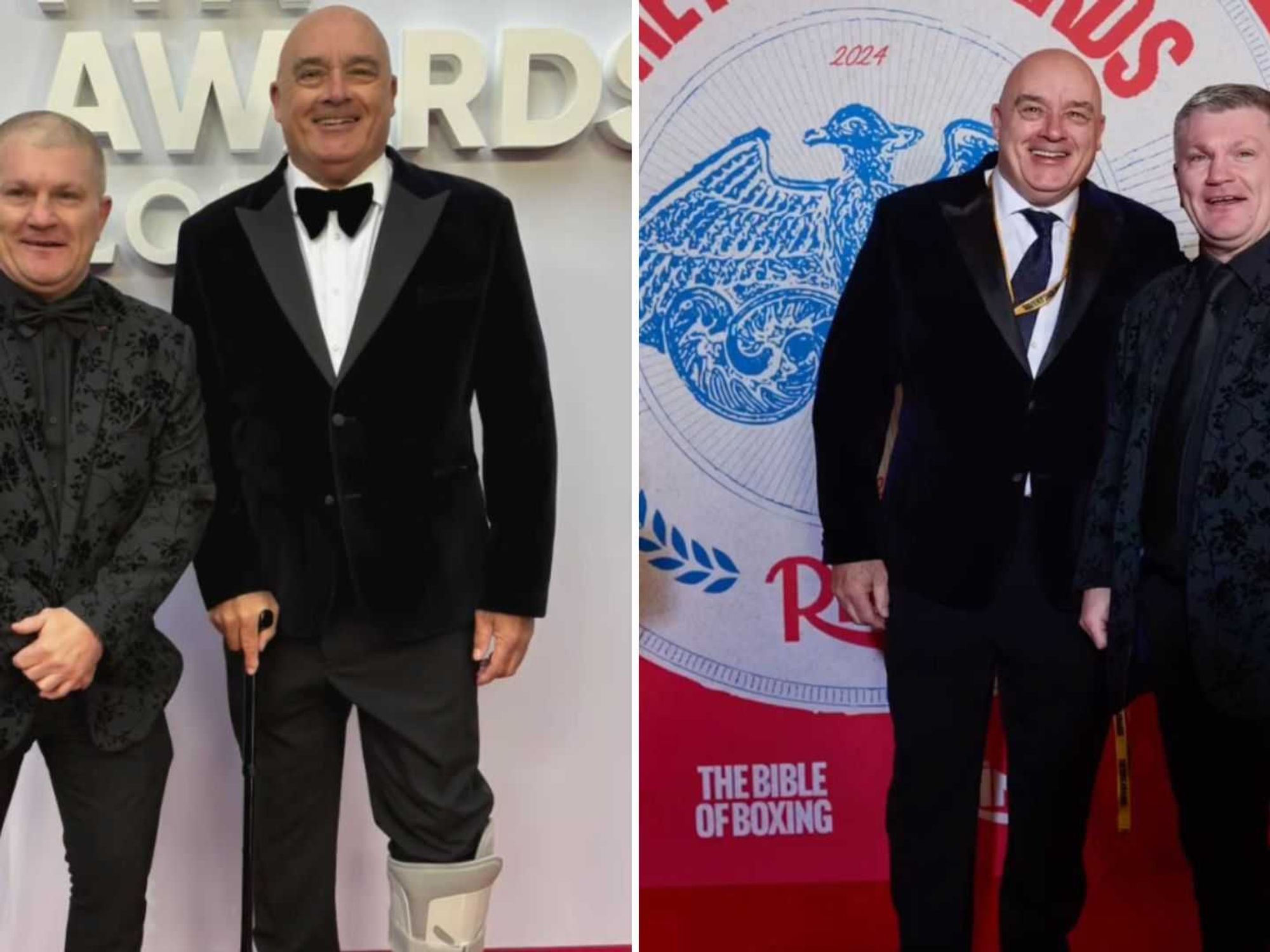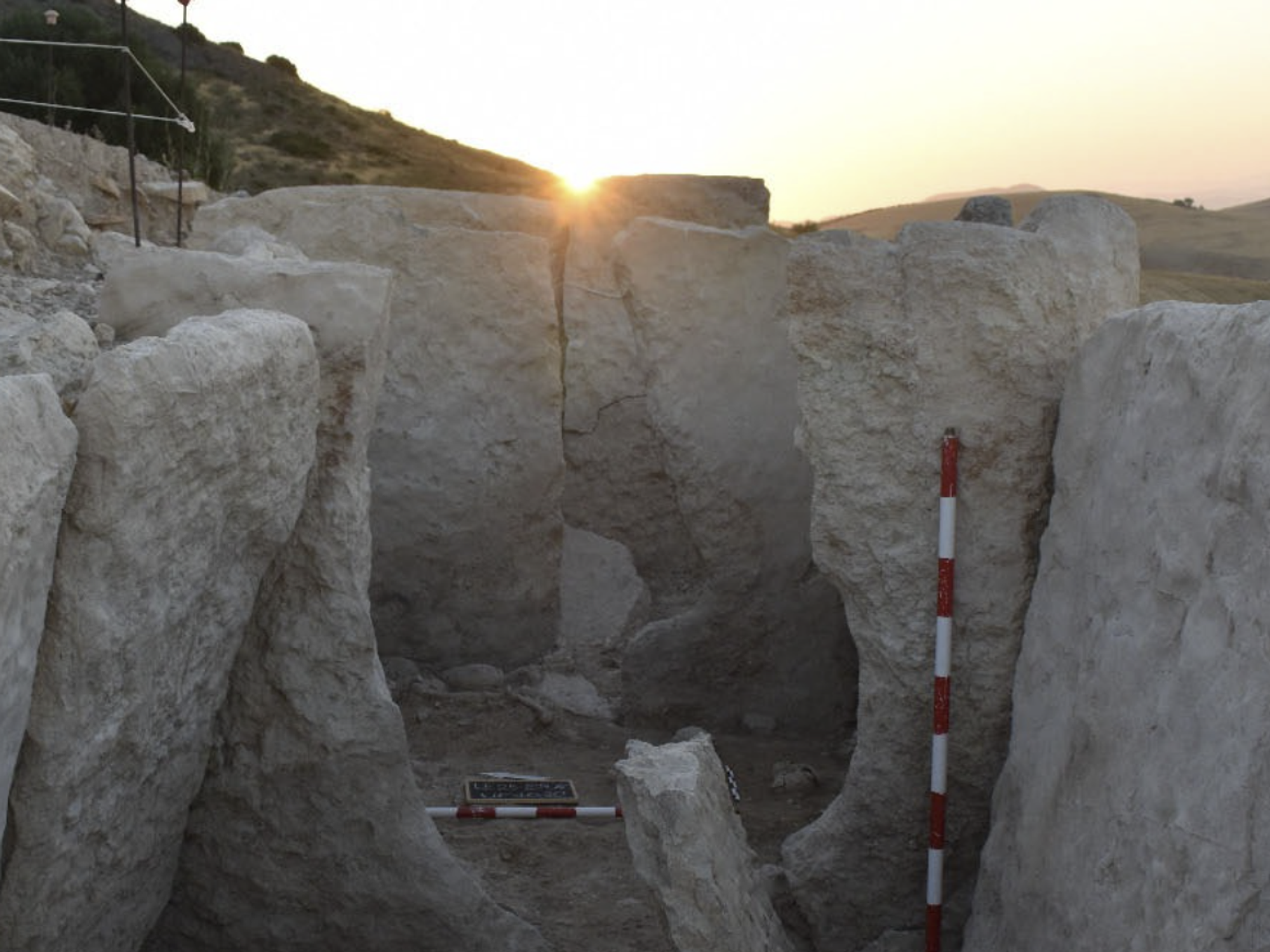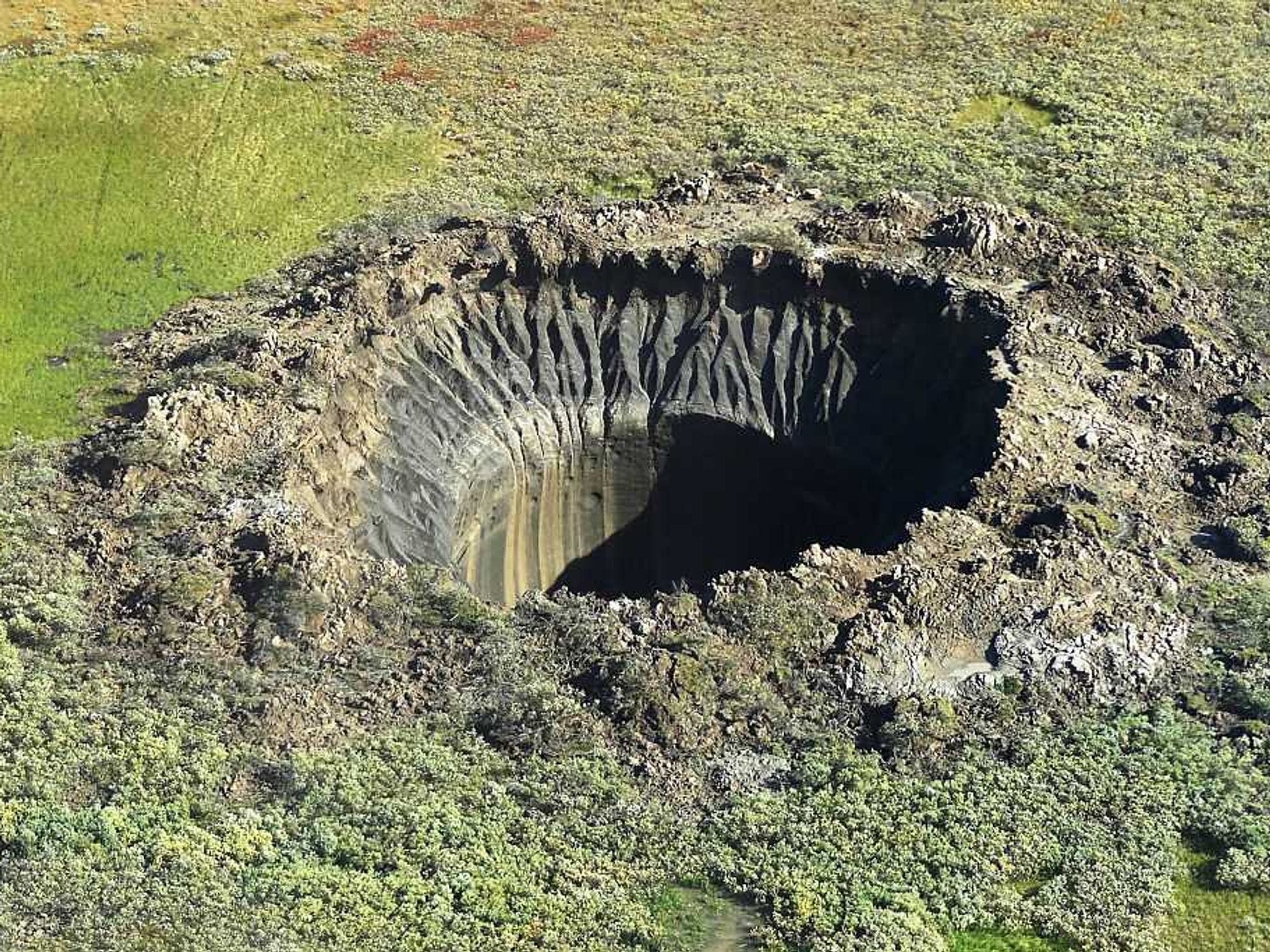Labour MP: 'My parents helped me cope with pain when I wanted to die - but I still support assisted dying'
GB NEWS
Marie Tidball spoke candidly to Gloria De Piero about being in 'so much pain' as a child that she wanted to end it all
Don't Miss
Most Read
Trailblazing Labour MP Marie Tidball has revealed how her parents taught her to cope with pain after heartbreakingly telling them she wanted to die when she was a very young child.
Marie, the MP for Penistone and Stocksbridge, was born with a congenital disability that affected all four limbs and missed three years of school due to surgery she needed.
In an exclusive interview with Gloria De Piero on GB News, she spoke about her childhood and why, despite overcoming her own battles, she supports assisted dying.
She said: “As I said in my speech at the second reading, it was a really hard one for me. I didn't think that I would ever reach the point where I would vote the way that I did.
“But I thought about it really deeply, and it was a moment from my childhood when I had surgery, when I was around 5 or 6. Sheffield Children's Hospital and my skin was itching with the amount of morphine that I had.
“I was in so much pain. And I turned to my parents and I said, ‘I want to die’. I asked them, you know, to die.

Marie Tidball said her parents taught her to cope with pain when she wanted to die as a child
|GB NEWS
“And that situation both told me that if the Bill was about pain and suffering, which it's not, you can only apply for this if you have got six months and a terminal condition at the end of life and you've got capacity. And that I think is absolutely tightly drawn as it possibly can be and is right.
“So I wouldn't have voted for anything more broadly, but having that pain that I had at that moment gave me an insight into how I would want to live my death as well. And I would want to have that choice and control at the end of my life, where I only had six months left to live and I had capacity to choose that death, if in those circumstances that's where I ended up.
“But also, I had so many constituents write to me to tell me their stories. And so although it came from very much a place of conscience and my lived experience, it was underpinned by what my constituents said that they wanted me to do.”
Describing the moment she told her parents she wanted to die, Marie said: “It was a moment. And I think they were very good at talking to me about the pain that I was experiencing. And I had a lot of pain in my childhood, you know, because I'd had an amputation, every time I was poorly, my stump would get very sore and that would really ache.
“And so I couldn't sleep very well. And my mum in particular was very good at comforting me, but I had lots of conversations with my dad about thinking about my pain and how you kind of, I suppose, think beyond it and try to manage that pain and manage your relationship with that pain.
“And that's a very different and difficult thing for a child to do. But that has given me a really helpful skill set because I have had pain throughout a lot of my time.
“But I'm used to kind of managing it and I suppose not letting it get in the way of the things that I want to do.”
Marie said she gets the fight and drive to keep going from her parents.

Marie Tidball said she gets the fight and drive to keep going from her parents
|GB NEWS
She said: “I think it's always been my parents giving me that real fight, you know, to get things right and get things done in my life. And it drives you all the time and gives you that determination.
“When you've got a very visible physical disability, that's the first thing people see. So you spend so much of your life overcoming people's expectations about what they think about you. And that can be really hard.
“You walk into a room of new people that you don't know, and you're aware that even if it's just a glint across their eyes that they've noticed that and they've clocked that, and there's a whole world of assumptions that come with that. And you have to learn very quickly the skill to put people at ease and to overcome what people perceive and expect about you.
“That can be exhausting and really draining. But it's something that I've had to do to get in the room and to be heard in the rooms that I've been in.
“I very much therefore feel that duty and obligation to be doing that for other disabled people that are standing behind me…I want us to be creating a country that treats disabled people with dignity and respect. And I feel a duty and obligation to be part of doing that. “
Asked what advice she would give someone thinking of following her example to become an MP, she said: “The first thing I'd say is 100 years ago, we had Franklin Delano Roosevelt, who was disabled, a wheelchair user. President of the United States…
“I grew up with David Blunkett, who was in the seat next door to mine, who our family knew a bit, who was a Home Secretary, who was Education Secretary when I was at school. And there is absolutely no reason that disabled people shouldn't want that, if that's their ambition.
“I would just say as disabled people, we have to solve problems all our lives. And for me, fundamentally, politics is about solving problems. And so disabled people bring an exceptional skill set to the table as politicians and taking very difficult, complex situations that they've faced in their lives and finding ways to overcome that, working with other people, having to learn to advocate for yourself, because sadly, you have to do that all the time.
“Those are incredible skills as politicians. So I would say if people want to do that, they should pursue it. And it's not easy. I'm not going to sit here and say it's easy. It is really hard and it's really challenging because often you're having to outperform a lot of your contemporaries and your colleagues because of the assumptions that people instantly make about you when you have a disability.
“But, you know, our politics is richer for having a variety of diversity representing us. And we know that 20 per cent of the voting age population are disabled. I want to see more disabled people in Parliament. I shouldn't be the last and only one, and I'm certainly not.”
Meanwhile Marie has also reacted to the planned cuts being proposed to disability benefits by the Government.
Pressed on this by GB News she said: “I said very clearly that when we're talking about growth, we need to be talking about inclusive growth. And that means that the social model should be at the heart of that. So everything that we do in government should be about removing barriers to disabled people, and that we know that incentive based systems massively outperform those that are punitive or that are cuts based. There's some really important work in what's been announced. So our one billion programme on getting more people into work.
“Our youth guarantee programme, and also what we're going to do to make sure that there's a try before you buy a system, so that disabled people aren't punished for trying jobs and then them not working out and all the good benefits and on everything else.
“You know, the party would expect me to use my 15 years of skills and experience in understanding public policy making, to analyse that very closely, to look at what disabled people or organisations are saying, but most importantly, listening to my constituents, which I'm doing, and I will be holding events in my constituency to hear what they think the impacts are.
“We're in a 12-week consultation period. I will be gathering all those things together, and I will be feeding that back through that consultation process to the party, as they would expect me to do, because they know that's my skills and experience.”
The full interview will be broadcast this Sunday on GB News.










